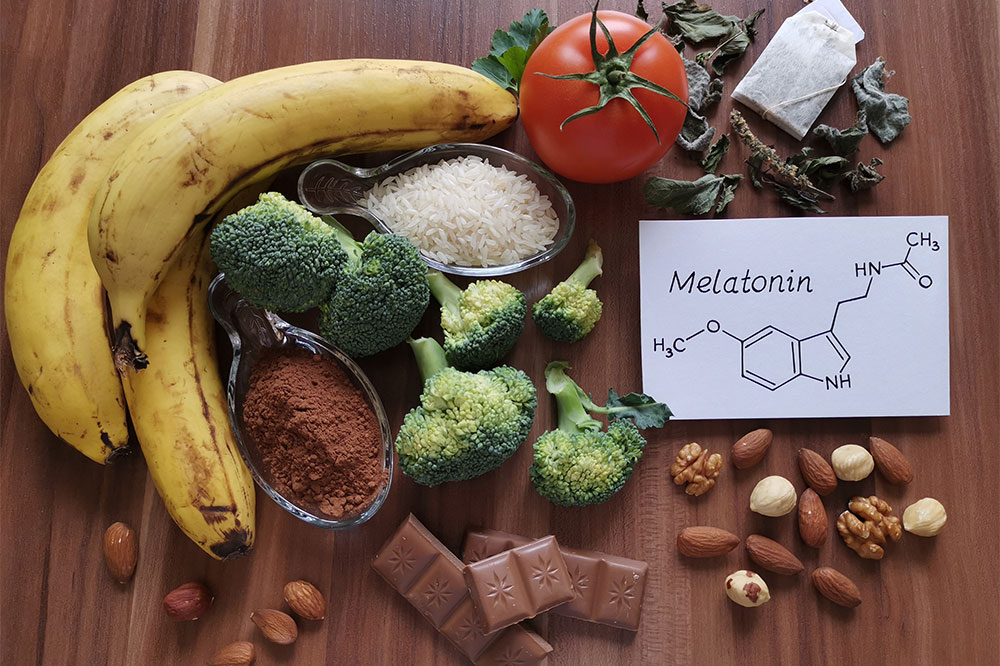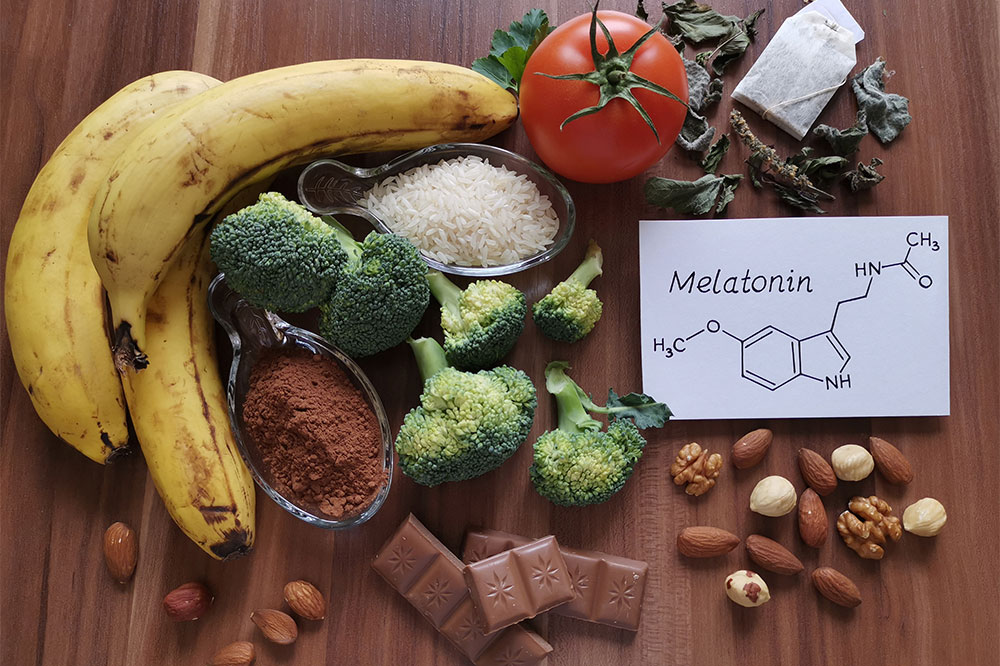Top 5 Natural Remedies to Support Tardive Dyskinesia Management
This article explores five natural remedies that may support the management of tardive dyskinesia symptoms. It covers the roles of manganese, vitamin E, Ginkgo biloba, vitamin B6, and melatonin, highlighting dietary sources and supplement options. While medication remains important, these natural options might offer additional help for those dealing with this neurological condition. Always seek advice from healthcare professionals before making changes to your treatment plan.

Top 5 Natural Remedies to Support Tardive Dyskinesia Management
Tardive dyskinesia (TD) is a neurological condition marked by involuntary movements, mainly affecting facial muscles, mouth, as well as limbs and neck. It often results from long-term use of certain psychiatric medications called neuroleptics, typically prescribed for mental or neurological issues. While medication can be part of treatment, natural vitamins and supplements may also offer supportive benefits. Here are five natural options that might help manage TD symptoms:
Manganese Supplementing with manganese, whether through diet or medication, is sometimes recommended for TD patients. Consuming at least 15 milligrams daily from sources like nuts, soy, whole grains, and leafy greens may help prevent or reduce symptoms.
Vitamin E This vital antioxidant vitamin supports overall health. It is recommended for TD sufferers to take vitamin E supplements daily. Rich sources include seeds, nuts, leafy vegetables, and vegetable oils.
Ginkgo biloba Well-known for its antioxidant properties, Ginkgo biloba is a popular natural remedy believed to support neurological health, improve cognitive function, and reduce anxiety and depression associated with TD.
Vitamin B6 Consuming sufficient vitamin B6 from foods like poultry, seafood, oats, and bananas may help alleviate some symptoms of TD during treatment.
Melatonin A hormone produced naturally in the brain, melatonin regulates sleep cycles and acts as an antioxidant. Improving sleep and relaxing behaviors can boost melatonin naturally, potentially aiding in symptom relief. Over-the-counter supplements are also available.
Note: The information provided here is for educational purposes only. It is not a substitute for professional medical advice. Always consult a healthcare provider before beginning any new treatment or supplement regimen.










